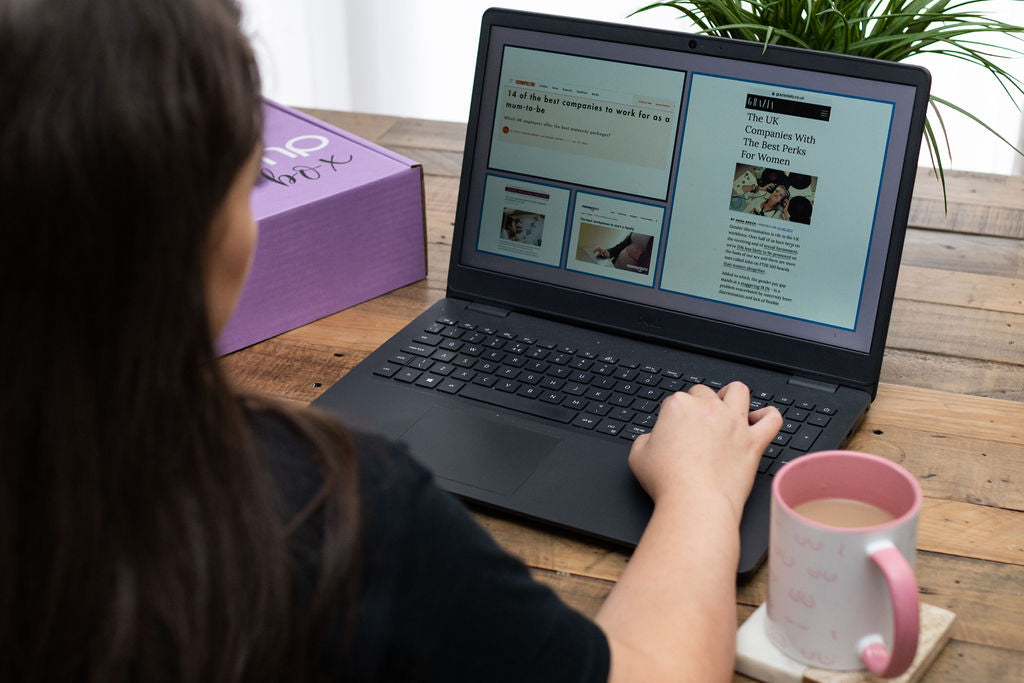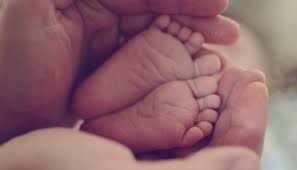The Covid vaccine during pregnancy

The NHS is encouraging pregnant women to get the COVID-19 vaccine as soon as possible as new data shows that nearly 20 per cent of the most critically ill COVID patients are pregnant women who have not been vaccinated.
If you are pregnant or breastfeeding, it is strongly recommended that you get vaccinated against coronavirus (COVID-19) to protect you and your baby. Pregnant individuals are at higher risk of getting seriously ill from COVID-19. Your baby could also be at risk if you get COVID-19 late in your pregnancy.
The Centers For Disease Control and Prevention (CDC) recommend that anyone who has not yet had a COVID-19 vaccine get their first 2 doses as soon as possible. You do NOT need to delay vaccination until after you've given birth.
If you had a 2nd dose of a COVID-19 vaccine at least 3 months ago, you should now get a booster dose.
Booking your vaccination / booster
You can book your COVID-19 vaccination appointments online. Using the link below:
Book or manage a coronavirus (COVID-19) vaccination
I’m pregnant, is the Vaccine Safe for my baby?
It is completely natural to be worried about getting the vaccine during pregnancy, however, over 200,000 pregnant women have received an mRNA vaccine (Pfizer or Moderna), without any safety concerns. The Covid the vaccine is safe and effective during pregnancy and is recommended by clinicians and charities. The vaccines cannot give you or your baby COVID-19.
Being vaccinated is the best thing you can do to ensure you protect yourself and your baby from becoming seriously ill.
Increasing numbers of pregnant women are being admitted to hospitals and intensive care units suffering with coronavirus. New data shows that nearly 20 per cent of the most critically ill COVID patients are pregnant women who have not been vaccinated.
Can I choose my booster vaccine?
You will not be offered a choice of which vaccine you get as a booster.
You are likely to be offered a booster dose of Pfizer or Moderna, as evidence shows these types of vaccines work best as a booster, even if you received a different vaccine for your first two doses. AstraZeneca will only be offered to those who can’t have Pfizer or Moderna due to allergies or medical reasons.
What if I am allergic to Pfizer or Moderna?
If you can’t have Pfizer or Moderna because of allergies, you will be offered the AstraZeneca vaccine as your booster. You can speak to your GP to arrange an appointment.
When should I get the vaccine/booster?
You can have the vaccination at any point in your pregnancy, the earlier the better so that you have the protection that vaccine gives you as soon as possible.
Second doses are given 8 weeks after the first dose and it is recommended that you receive two doses before giving birth, or before you enter the third trimester, when the risk of serious illness with COVID-19 is greatest.
You should receive a booster vaccination 3 months after your second dose.
Can the Covid vaccine cause a miscarriage or stillbirth?
The COVID vaccine has been given to large numbers of pregnant women across the world, with no evidence that it causes miscarriage or stillbirth. A number of studies worldwide have shown that rates of miscarriage were the same in women who had received a COVID-19 vaccine during pregnancy as those that had not.
What are the side effects of the vaccine in pregnancy?
There are some common side effects which you might experience after having the vaccine, however, these are normally mild and short lasting for most people including pregnant women:
Tenderness in the injected arm
Headache
Nausea
Flu-like symptoms
I’m breastfeeding, can I have the vaccine ?
It is safe to have the vaccine when you are breastfeeding. There is no way by which any vaccine ingredient could pass to your baby through breast milk. You can have the vaccine and continue breastfeeding safely. However, antibodies your immune system develops after having the vaccine can be passed to your baby through breastmilk, which will also give your baby some protection against the virus.
Further information can be found on the RCOG website here and here



Leave a comment